
The results of the RPS national pharmacy board elections are due to be announced at the end of May 2016. In order to get to know this years’ candidates and find out more about what they stand for, The Pharmaceutical Journal asked for responses to two questions. In the first of the two questions, the candidates explain what their top two priorities will be if elected to the RPS pharmacy board.
(Of the 21 candidates standing for election, 13 provided responses).
England

David Branford: Independent pharmacy adviser (mental health and learning disabilities)
- My first priority is brokering a way forward for community pharmacy that both enables pharmacists to play a greater role in optimising the medicines of the public and rewards contractors for providing it. Developing a plan for Community Clinical Pharmacy 2020 must truly empower the pharmacist by reaching agreement on the clinical components required for safety of the public and optimisation of medicines and financially rewarding the subsequent quality improvement. The only way this will be achieved will be in mutual collaboration with the public, their prescriber(s) and the wider healthcare team, which by 2020 will include the GP surgery-based pharmacists.
- My second priority is to introduce medicines reconciliation in primary care. For the past 20 years the problem of hospital discharge has remained a source of huge errors in primary care. Despite massive efforts by hospital and community pharmacists, the problem remains. Medicines reconciliation into hospitals transformed this issue on admission, now we need to make it happen upon discharge by engaging the wider primary care team to include the community pharmacist, the prescriber and the GP support team.
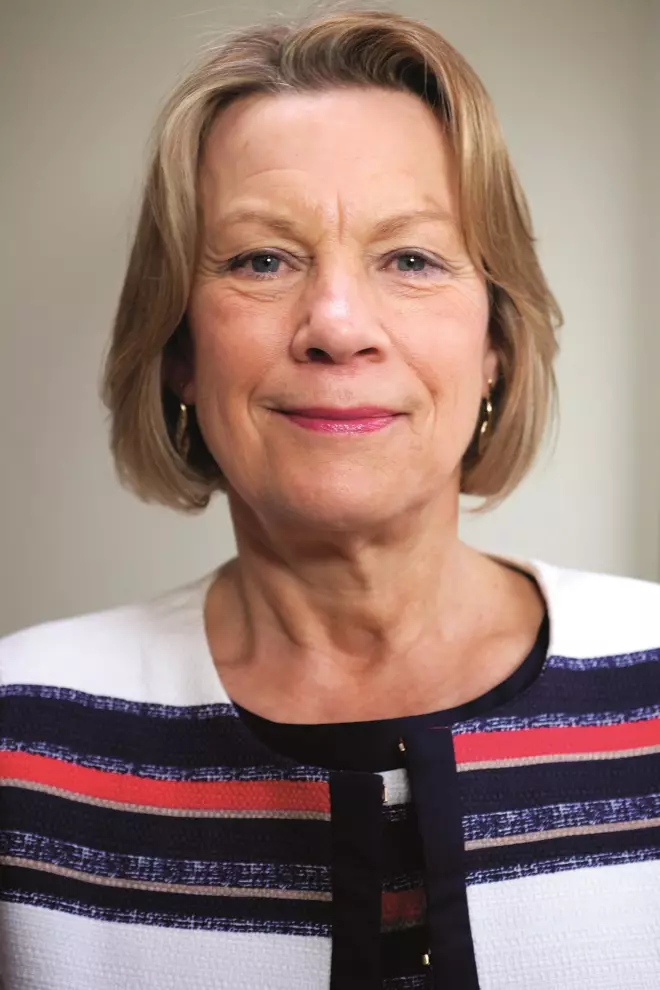
Elizabeth Butterfield: Pharmacist consultant and chair of Primary Care Pharmacy Association
- My first priority is integration of the pharmacy profession. We need a complete and joined up pathway of pharmaceutical care that supports people through prevention, early diagnosis, management of long-term conditions, multimorbidity and end-of-life care, with all pharmacists taking responsibility for clinical care and better outcomes. We will then have something valuable to offer to health policymakers, commissioners and NHS England that promises additional capacity and better quality care — fully utilising the skills and access in community pharmacy and linking specialist pharmacists into community settings and care homes. This will create great opportunities for all pharmacists to be rewarded for delivering their clinical added value.
- Secondly, there is an urgent need for the RPS to have more success with commissioners and Royal Colleges regarding the clinical value of community pharmacy and its links with pharmacists in GP surgeries and specialist settings. I will help lead on collaborative working with GPs rather than competition as the way forward, especially in areas of unmet clinical need, such as pain management, polypharmacy, care homes and housebound people, early detection, better outcomes for conditions including hypertension and diabetes, and how to reach people who will not access care at a GP surgery.

Mike Hannay: Vice president and general manager at Fisher Clinical Services
- Oppose the cuts: Pharmacists are the most accessible of all healthcare professionals with a presence on every high street, available every day of the year without an appointment. As the NHS finds it increasingly difficult to deliver the care our patients need and deserve, pharmacists are in a unique position to take the pressure off our overstretched A&E departments and GP surgeries. I understand the pressures on our nation’s finances but these cuts have the potential to adversely impact patient’s health. I will oppose the cuts and push to ensure that every patient has equal and equitable access to the highest standards of pharmaceutical care wherever and whenever it is needed.
- Prepare for the future: The era of personalised medicines is upon us and we need to be at the forefront of this revolution. I firmly believe that pharmacists can play a leading role in the development, selection, optimisation and supply of personalised medicines. However, we need to up our game, improving our skills through outstanding education and building confidence in our ability as clinical scientists. I will push for the education of this and future generations of pharmacists to lead the improvement of our nation’s health through personalised medicines.
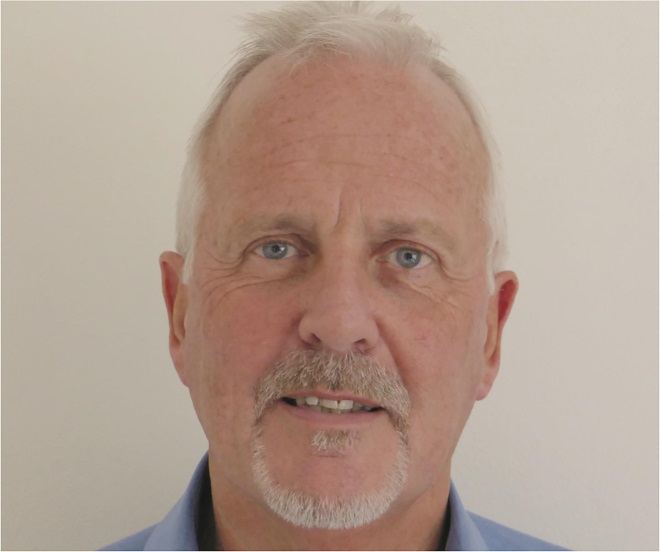
Michael Holden: FRPharmS, principal associate, Pharmacy Complete and RPS Wessex lead
To work collaboratively with the board, executive and other pharmacy organisation colleagues to achieve:
- A higher degree of professional unity, cohesion, development and leadership so that we can move forward as one and at pace.
- A united, compelling and relevant case to government, the NHS, the Department of Health and local commissioners of health and wellbeing services to enable the profession in all sectors to occupy the space that patients and the healthcare system requires and an integrated profession warrants.
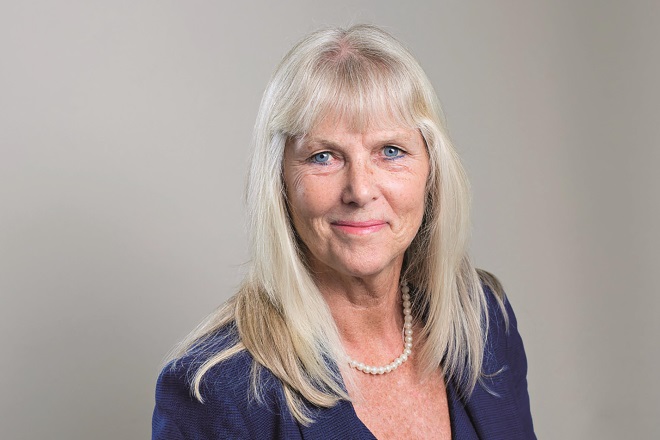
Carol Roberts: Head of governance, medical directorate, NHS England Midlands and East (East)
- My top priority would be to oppose the funding cuts for community pharmacy – we need to be investing in primary care services not cutting funding. I see community pharmacy as the front line of patient care promoting healthy living, self-care and medicines optimisation. Sufficient resources are required within the contract to support new models of care and IT needs to be utilised so that we can work “smarter” and provide assurance to commissioners with ‘an outcomes based contract’ that allows pharmacy to develop. With the right incentives within the new pharmacy contract, community pharmacy could deliver financial efficiencies that are absolutely vital to the survival of primary care.
- Second, I would continue to drive the uptake of the Transfer of Care electronic solutions to enable medicines use review (MUR)/new medicine service (NMS) requests with discharge summaries to be sent from trusts to community pharmacies. The RPS board needs to support and promote the new systems to the profession and highlight the benefits to all involved in the patient journey. This will help trusts deliver the Carter recommendations and empower community pharmacists to be directly involved in the patient pathway, through MURs and the NMS, enabling patients to get support with their medicines on discharge, improving patient outcomes.

Sally Omolara Rose: Locum pharmacist, author and radio presenter, RPS Leeds lead
- Enthuse pharmacists to have a say and carry the mantle for the future of the profession in this season of change.
- Improve communication and feedback between pharmacy sectors and create more links to the wider healthcare system.
This in turn will hopefully help pharmacists and support staff to adapt and respond quickly, competently and effectively to the current climate of change. We need to have a unified voice and I want to encourage pharmacists to have their say, voice opinions, concerns, share good practice and showcase the excellent multifaceted services we provide. In acutely demonstrating our invaluable contribution to healthcare as cited in the Lord Carter report, I believe we can minimize the current threat to pharmacy.
We’re piloting an informal ‘Have your say’ event in the Leeds locality ahead of the annual general meeting for pharmacists and hopefully this will start the ball rolling. In addition, we will continue to host cross sector meetings where we will have dialogue with other healthcare practitioners. We are in a digital age, so inevitably will continue to adapt and utilise new media (e.g. webinars, periscope, twitter conference calls, etc.) to improve communication.
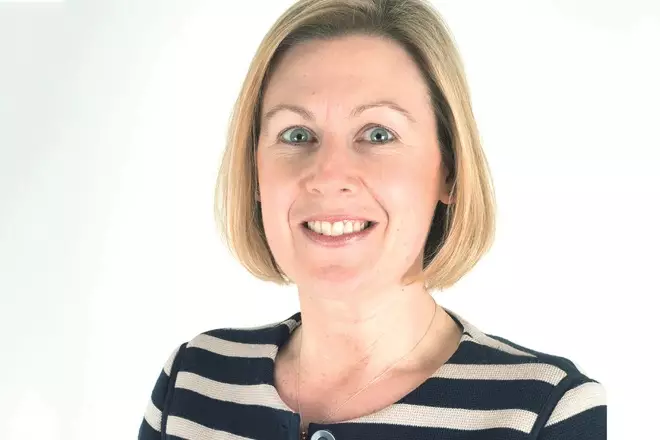
Tracey Thornley: Senior manager, contract framework and outcomes, at Boots UK and honorary professor in pharmacy practice at University of Nottingham
- Ensuring investment decisions are based on evidence: The NHS has limited financial resources, and as a result of increasing demands, needs to look at alternative ways of delivering care that improves efficiency and outcomes. Pharmacists in GP surgeries have an important role to play in this agenda, but not at the cost of care provided in the community setting. Pharmacists should work together across settings to provide services that are complementary, allowing improved communication and seamless care that improves adherence and reduces medicines wastage. Pharmacists in the community have a vital role to play in supporting appropriate use of NHS resources, particularly in providing minor ailments advice, promoting self-care and emergency supplies.
- Continuing to develop evidence for pharmacy: Evidence will drive the changes we want and we can’t have too much of it. I have been tireless in developing evidence that shows better patient outcomes and health economic gains from pharmacist-led services. The RPS has a clear role in identifying and highlighting research priorities that can help make a difference in extending the role of the pharmacist. I want to make it easy for pharmacists to undertake and publish research projects that help us all.
Wales
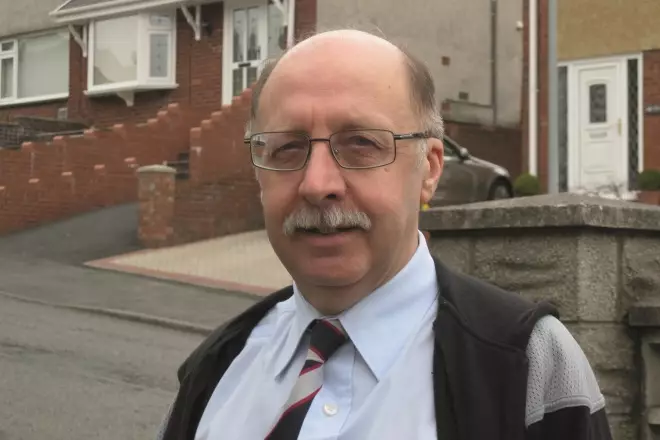
Keith Davies: Prescribing adviser
- If elected to the RPS Welsh Pharmacy Board, one of my priorities would be to build on the work already being undertaken in expanding the clinical role of pharmacists to include those working in all sectors of the profession. We need to make every effort to ensure that pharmacists in every sector, including community pharmacy and the prison service, have the prospect to take on an increasingly clinical role should they wish to do so. The opportunity has already arisen for pharmacists to work within GP practices and we should build on this. However, we must not forget the good work being done elsewhere and there is a need to integrate all sectors into the system.
- The second priority would be to become more member focused. It is quite right that the RPS, as a professional body, should be the voice of pharmacy as a whole. However, it is also a membership body and it should be looking to improve the recognition that being a member of our professional body deserves. There has been a move for employers to recognise the value of a pharmacist being a member but, I believe, there is still more to be done.

Sudhir Sehrawat: Superintendent and director, Clifton Pharmacy Ltd
- My first priority would be for the RPS to build effective working relationships with the new chief medical officer for Wales, Frank Atherton, and the incoming chief pharmaceutical officer for Wales. RPS Wales has a new opportunity to showcase the whole profession and the contribution pharmacy plays to deliver high quality health services to the people of Wales. These people must be made aware of the new roles pharmacists have adopted to integrate with other healthcare professionals and the successful outcomes of pharmacy commissioned services to improve the health of the population and relieve pressures within the NHS.
- My second priority would focus on improving pharmacist membership to the professional body. The RPS has developed excellent tools, such as the RPS Faculty programme and professional guidance for its members, and I would encourage all pharmacists to make the best use of these resources to further their personal development.
Scotland
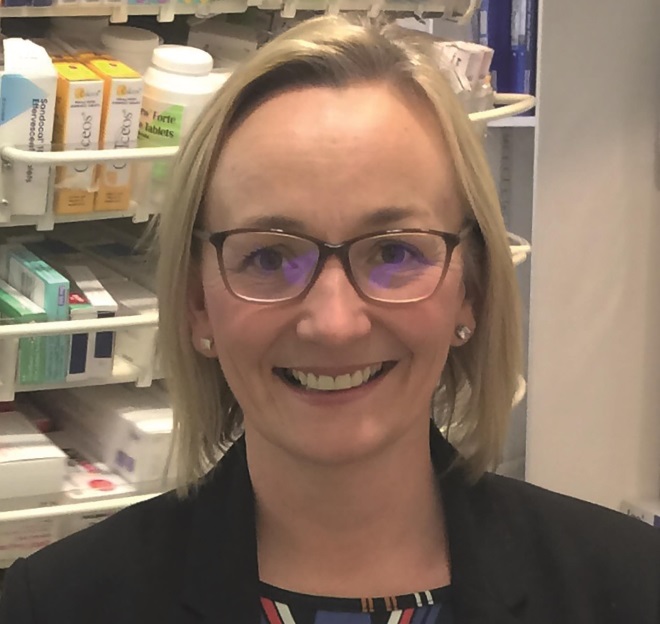
Kathleen Cowle: Relationships and revenue manager for Scotland, Boots UK
- Developing better evidence of our value: We need to be much better at quantifying what we do to improve patient outcomes. This will raise our healthcare colleagues’ appreciation of what we can do. I’ve seen exceptional examples of care through integrated working, pharmacist-led clinics in both surgeries and community pharmacies, and communication between hospitals and community, which have been of real benefit to patients. We need to capture and share these examples of ‘Prescription for Excellence’ in action so others see what we are doing. As the overarching professional body, the RPS should continue to lead this relatively new way of working for us.
- Developing a clear role for pharmacy within health and social care integration: The RPS needs to continue to encourage pharmacy leadership around developments in health and social care integration, both nationally and locally. We need to set out a clear vision of where pharmacists fit. I believe there could be many opportunities and we mustn’t let them pass us by.
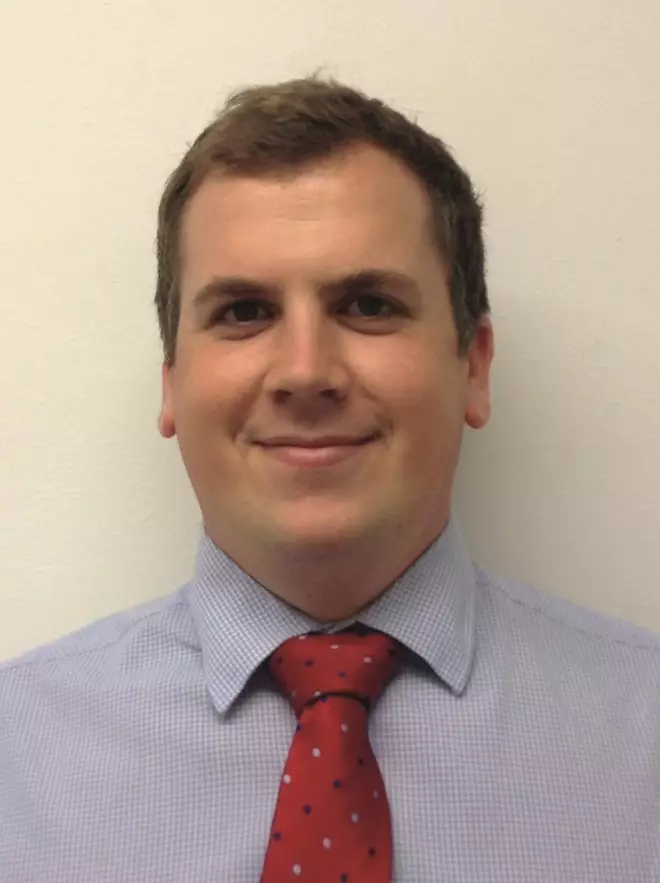
Johnathan Laird: Pharmacy manager and independent pharmacist prescriber
- First, I would continue the fight for pharmacists to gain routine read/write access to patient records in Scotland. Without this access, pharmacists will simply never be able to practice to their full potential, whether in prescribing or non-prescribing roles.
- Second, the professional responsibility, unprecedented clinical opportunities and, for the first time, the potential to work seamlessly as a member of the multidisciplinary team regardless of setting is an opportunity far too significant to miss. It is impressive to note the excellent level of patient care pharmacists currently deliver without visibility of the full patient history. I wonder if this has made pharmacists a little more cautious than we need to be. We have the knowledge and the skills, and we are tightly regulated, so in my view it really is time to let us into the multidisciplinary team to deliver for patients.

John McAnaw: Head of Pharmacy, NHS 24
If fortunate enough to be elected to the RPS Scottish Pharmacy Board, my main priority will be to ensure we deliver on the recommendations contained within the RPS manifesto 2016. The manifesto should guide our advocacy work, and be our mandate to lobby and influence members of the Scottish parliament.
- My first priority will be to ensure our access to records campaign brings about the change we want to see. Lack of access to the emergency care summary has gone on for far too long, and it is time we enabled access. We have a real window of opportunity at present to do this, with a clear recommendation for it within the ‘National review of primary care out of hours services’ report, and the desire from other professions for pharmacy to have a more enhanced role in treating minor illness.
- My second priority will be to ensure we influence and shape the role of the pharmacist working in GP practices to ensure the role is professionally autonomous and patient-facing. There is also a need to ensure closer working relationships with local community pharmacists, with information and care being shared regularly between all pharmacists who deliver care to the same patients.

Deborah Stafford: Principal pharmacist, Education, Training and Development & ACT teaching lead for pharmacy, NHS Tayside
- If I am successful and appointed to the Board I will use my networks and communications to ensure that my RPS member colleagues across the secondary care services in Scotland are aware that they can contact me to bring their issues to the attention of the RPS. I will continue to encourage my non-member colleagues to engage with the professional body to ensure that their concerns and aspirations for the profession are considered.
- I will continue to encourage all members, irrespective of area of practice, to engage and acknowledge the RPS Foundation and advanced practice frameworks as a means of demonstrating professional practice and development. The new roles that are being realised through ‘Prescription for excellence’ in Scotland are mistakenly being considered by many as an extension of the managed service workforce. The application of ‘Agenda for change’ banding alienates many of my colleagues who do not practice in hospital settings. The professional development recognition programme provides a mechanism to challenge the need for traditional qualifications as essential criteria at recruitment. The Faculty and Foundation provide a mechanism to consider the transferable skills that individuals can bring to the roles and healthcare teams, irrespective of geography and sector experience.

